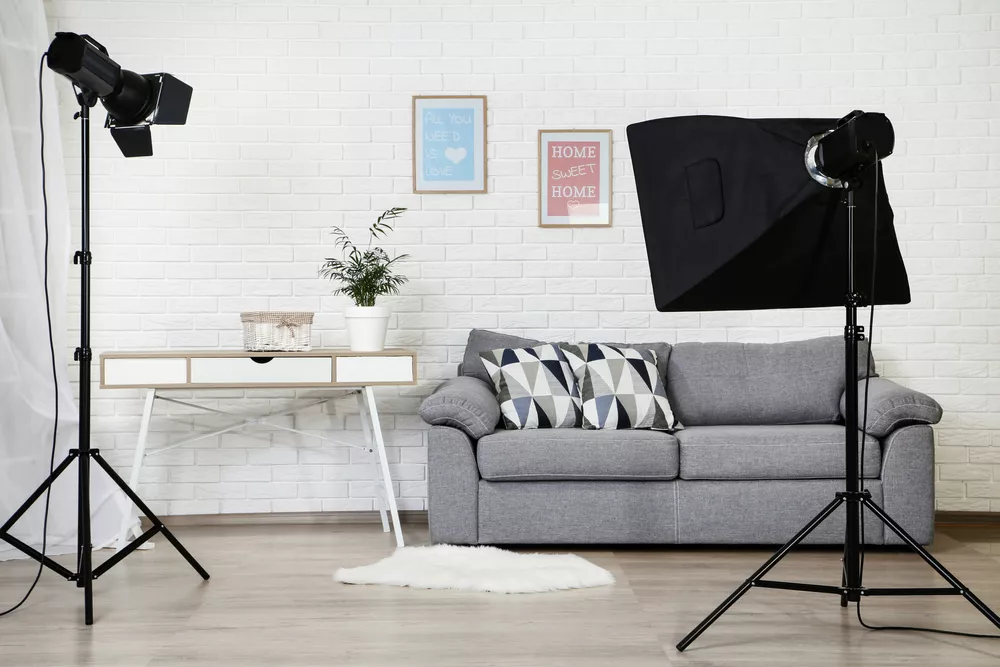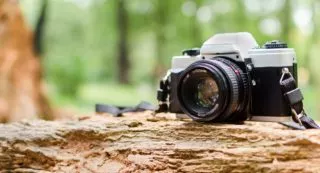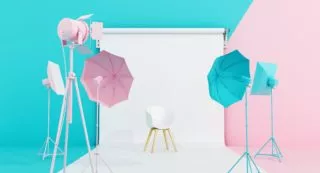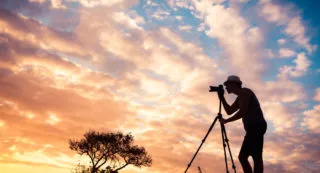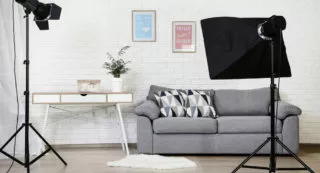Best DIY Photo Backdrops You Can Install in your Home
Photography has become a vital element in our everyday lives. Today, almost every individual owns a phone with a camera to capture photos daily. Photography has become very popular and diverse, so you don’t even have to go to a photo studio to have informal photography sessions. You can do it at home with some pretty clever photo backdrops.
This article will look at some of the best materials for photo backdrops, the best DIY backdrops for photography, how to take professional pictures with photo backgrounds, and so much more. Let’s dive in!
Best Materials for Photo Backdrops
Whether you are a beginner in film photography, or just want to expand your knowledge in photography, you could use fabrics in your photo backdrops. It will make it easier to control the look of your photo without having to look for the perfect location. Let us look at some of the fabrics you can use.
1. Canvas for photo backdrops
Canvas is one of the best fabrics for photo backdrops. You can use them for different photo sessions, so you don’t have to buy many. It’s also straightforward to set up or take down, and you can attach them to a photography backdrop stand to prop it up. You can easily make one yourself if you like getting crafty, and you can have control of the colour or size you want.
2. Muslin
Muslin backdrops are made of cotton; hence they are lighter than canvas materials. They are perfect if you travel a lot for your photography, so you don’t have to worry about carrying a heavy bag or box. Muslin backdrops are popular as they are easy to move or use and come in various colours.
3. Cotton-polyester blend
The next material you can consider is the cotton polyester blend. The blend is super light and flexible, and you can move it anywhere you like. You can look for washable ones since cotton and polyester are easier to clean, which could come in handy for busy households and working against time constraints such as full-time work.
4. Fleece-like matte
You can get creative in your photography with a fleece-like matte backdrop. This material is popular with green screens, and you can edit the background to be whatever you want. Green screens are super helpful if you are on a tight budget and can only afford one backdrop. Matte backdrops come in other colours as well that can suit your needs.
Best DIY Photo Backdrops
There are so many DIY photo backdrops that you can use, and you can go in any direction you like. Some of the affordable, home-made photo backdrops include:
Curtain background – One of the cheapest and easiest DIY backdrops. You can use your colourful curtain, or even your shower curtain, put it closer to a window to light up your subject, and that’s it! Easy peasy.
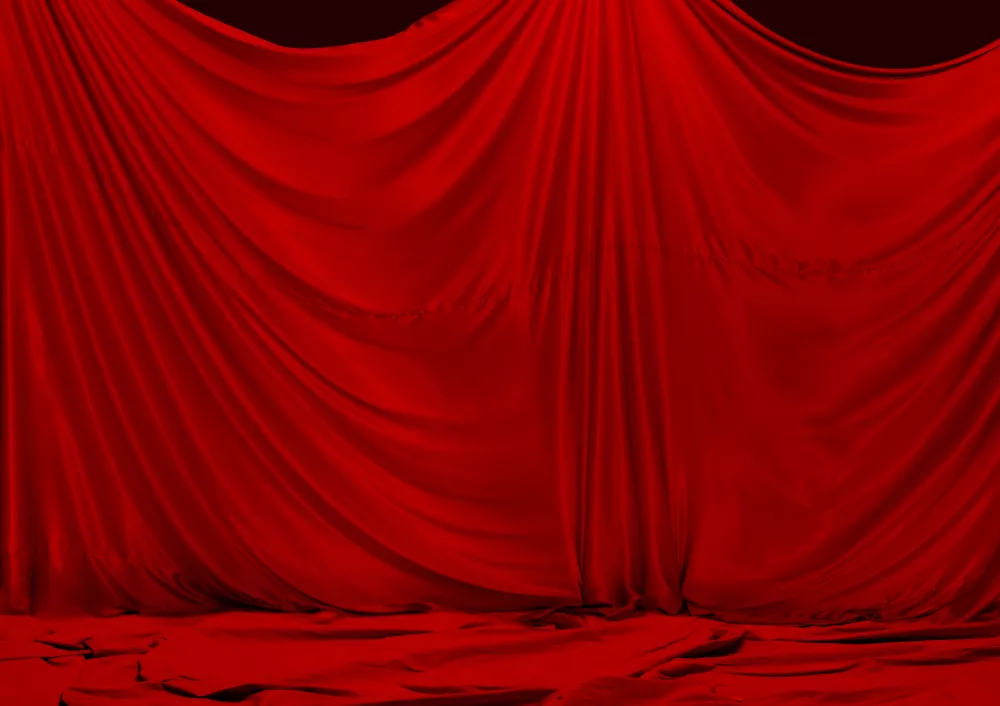
Paper chains – They can be time-consuming, but it’s worth it. Paper chains can also make beautiful backgrounds and foregrounds and can be used to enhance any photo.
Balloons – They can be a fun backdrop for both kids and adults. They don’t have to be used for joyous photos only. You can use neutral colour balloons(grey) to create a melancholic feel perfect for a nuanced art portrait.
Paper plates – You can make your photo backdrops with some extra paper plates you might have lying around. You can buy different colours and stack them for a bright and colourful background.
Crafty paper triangles – With scissors and a colourful photography backdrop paper, you can create a colourful geometric photo backdrop. You can place them symmetrically or randomly depending on what you like.
Scalloped wrapping paper – You can get some wrapping paper, cut them into circles and stick them on a wall. Make sure to overlap them against each other to bring out the scalloped look.
How to take professional pictures with photo backdrops
A photo backdrop can be as important or more than the subject itself. So, when the scene harmonises with the subject, that’s where the magic happens. Here are a few tricks to make sure the backdrops work for you and not against you.
Use good lighting – Lighting is essential for any good photograph. When using a backdrop, make sure you have your contrast in check. A too bright background can pull the focus away from the subject. A background that’s too dark can highlight the subject unpleasantly.
Position your subject correctly – Your subject doesn’t have to be in the middle. For example, you can play with the rule of thirds etc., you don’t have to follow the rules religiously, but when used properly, they can enhance the composition of your photo.
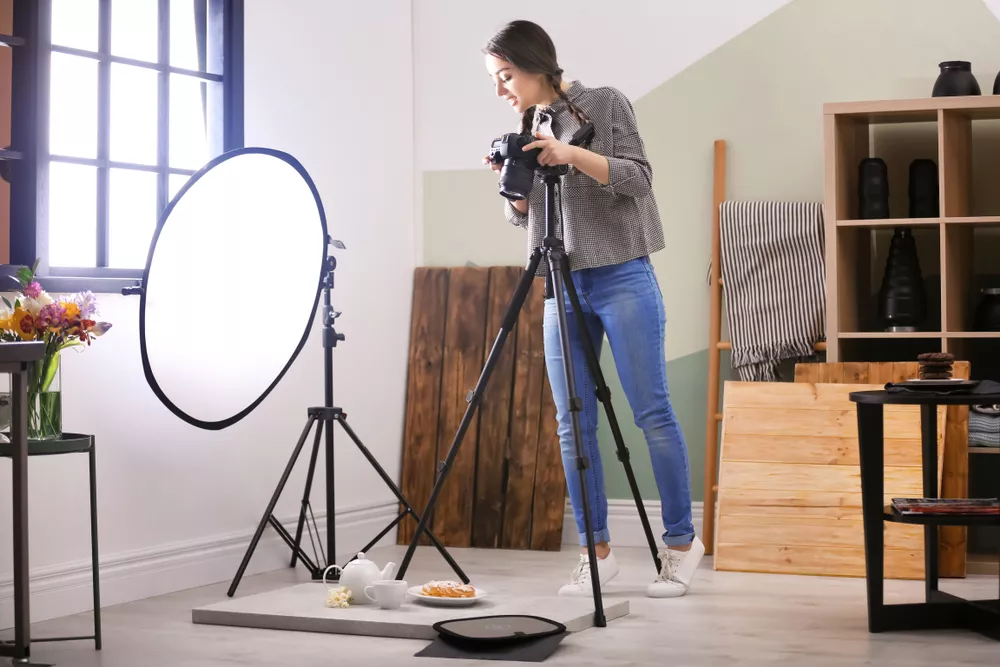
Focus on the subject – Remember that your objective is to make the subject the primary focus and that a backdrop is a supporting tool.
Always use matte – Shiny backdrops can be pretty, but they are not suitable for photography. Matte don’t produce glare or odd-looking shapes in the background.
Utilise angles – Angles are essential to the composition of your photo. Make sure to angle your subject with your backdrop.
Be proportional – The props in your background should be proportional to the subject to make the photo believable.
Which colour backdrop is best for portraits?
The background colour helps convey the mood and tone of your photo. But how do you know which colour is best and why? Let us look at the different colour options you can use to create the best portrait photography out there.
In addition, you might want to read our cool guide to creative portrait photography. There are some unique tips in there!
Black-coloured backdrops
Black backgrounds convey a serious and dark mood. You can never go wrong with black, as it’s considered elegant and stylish for its ability to make bright colours stand out.
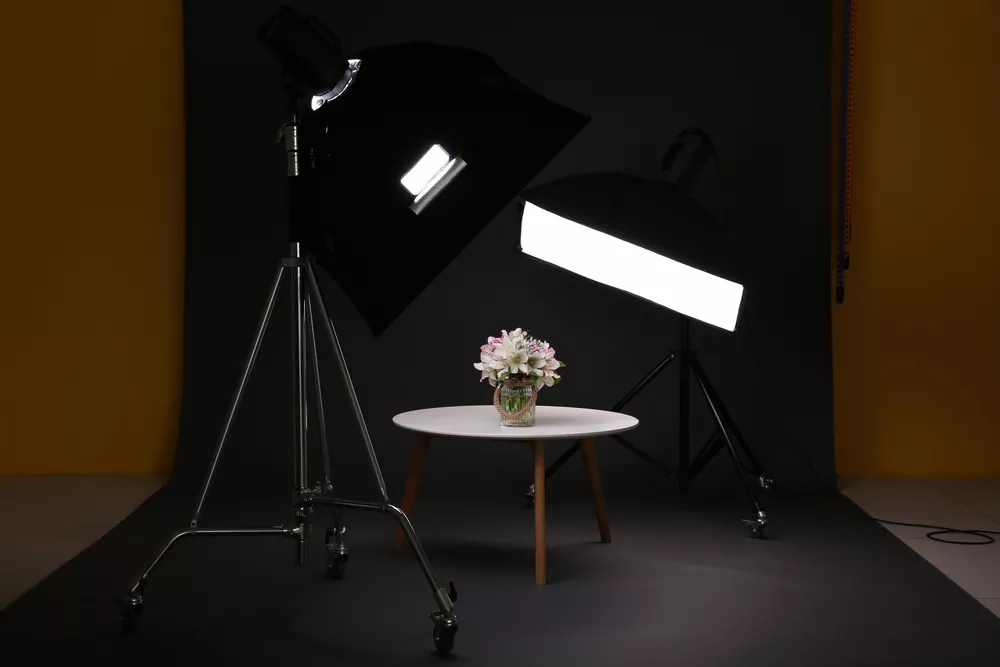
White backdrops
White photography backdrops are popular for a reason. They are clean, bright, pure, and perfect for babies, families, or pets.
Grey backdrops
Grey is a great neutral colour for portraits. Moreover, you can play with the shade by adjusting the light you use. It’s not distracting and can make a subject stand out.
Red backdrops
Red can create dramatic effects and spark emotions. Some colour theory tests suggest that red colour can incite hunger. Therefore, red is widely used in restaurant décor.
Yellow backdrops
You can use a yellow background if you aim to display a warm, energetic, and happy portrait.
Green backdrops
Green gives an earthly feel to portraits. It’s natural, hopeful and gives a sense of calmness.
Blue backdrops
Like green, blue is also calming and contrasts nicely with many skin tones and warm colours. Blue is known for suppressing appetite, so it shouldn’t be used in food photography.
Purple backdrops
Purple backgrounds provide a sense of whimsy, ideal for kids or product photography. A deep, rich purple colour is associated with royalty and power, making it perfect for fashion photography.
So, have fun playing around with different photo backdrop materials, DIY photo backdrops and different colours at home to see what fits your style best. After all, this is your art, so don’t be afraid to experiment and make your own. Don’t hesitate to get in touch for more advice on photography backdrops UK residents can rely on. Happy creating!
